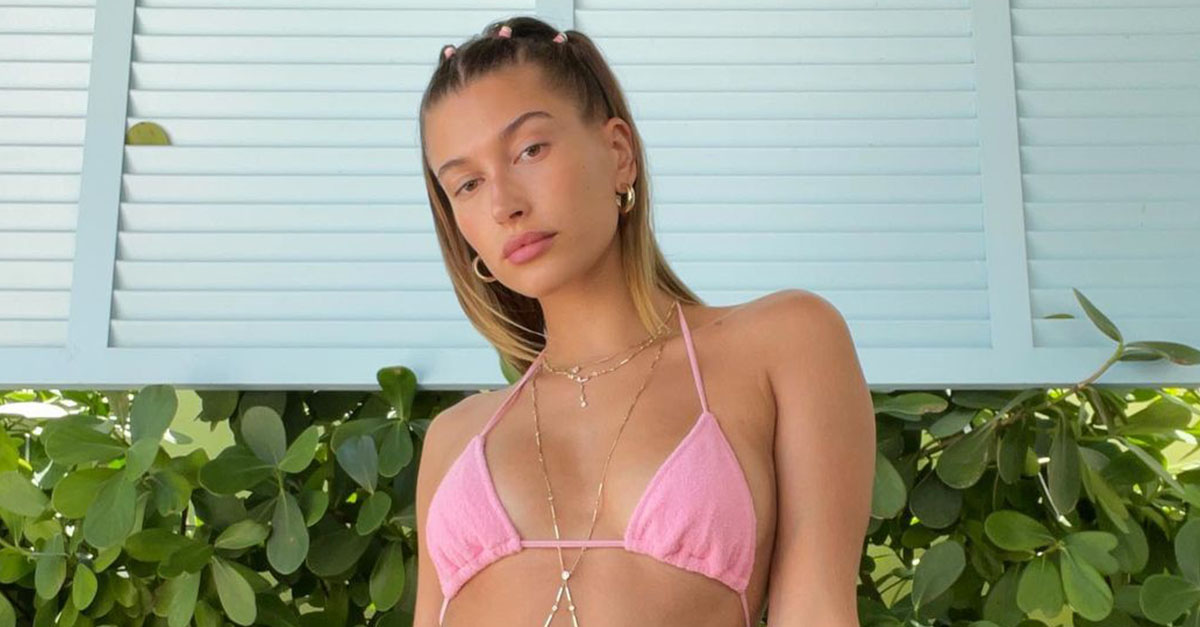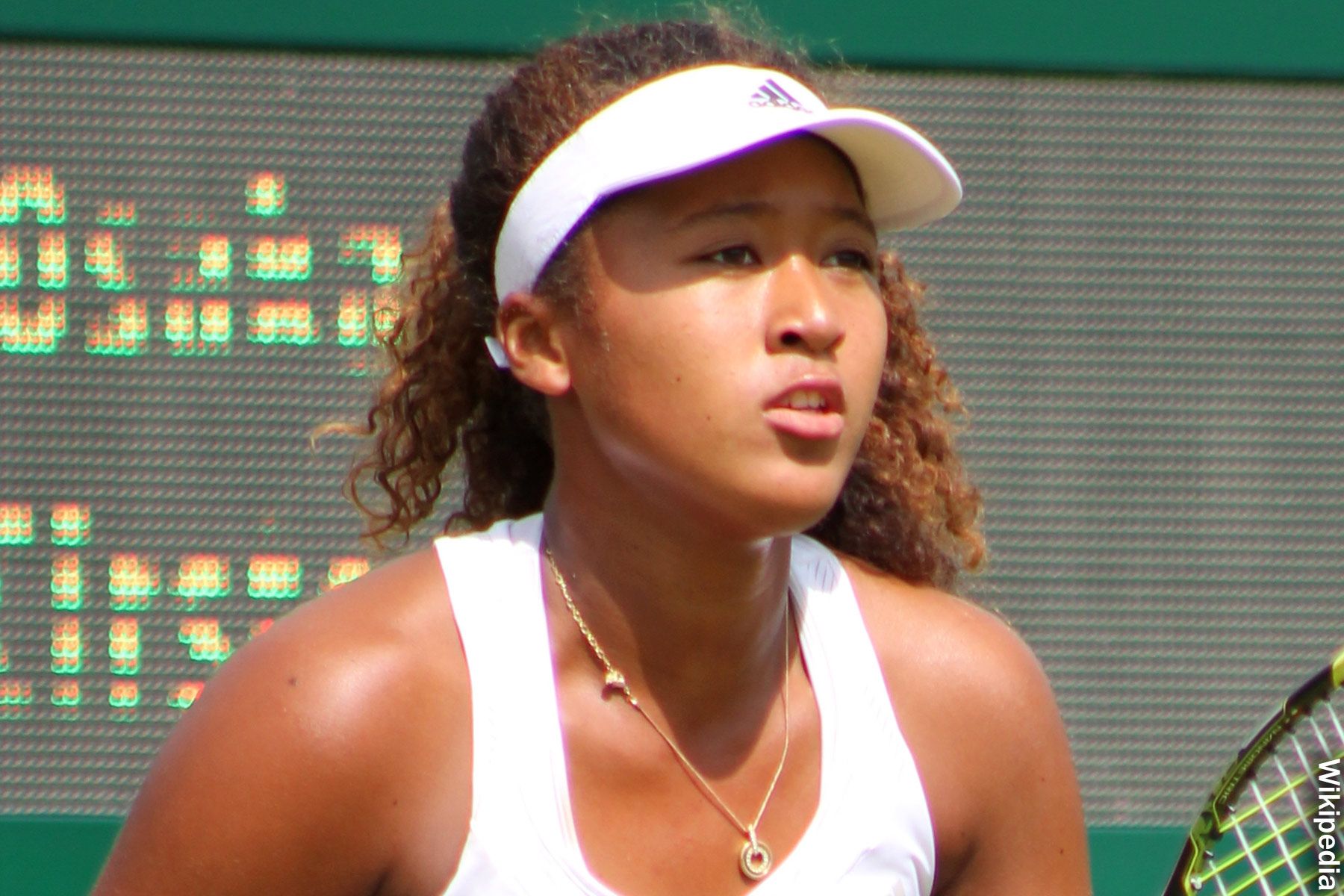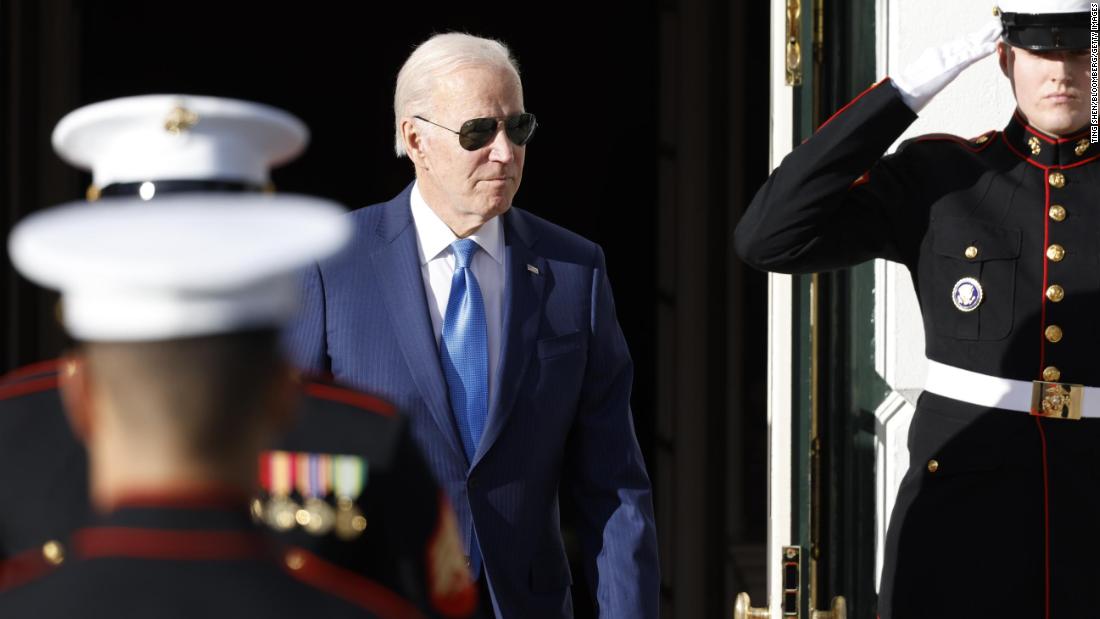The Road To Marijuana Shop Ownership for People with Marijuana Convictions
In New York, the first legal retail marijuana storefront is set to open, a crackdown on illegal marijuana businesses has just begun and 122 more licenses for those with Marijuana-related convictions have yet to be given out.

The push to give people with marijuana convictions ownership of the first open recreational marijuana businesses in New York state started with New York lawmakers blocking legislation that didn’t properly address equity concerns.
Now, three years later, the first retail storefront is set to open, a crackdown on illegal marijuana businesses has just begun and 122 more licenses for those with Marijuana-related convictions have yet to be given out.
A Long Legislative History
In early 2019, a group of Black lawmakers blocked former Governor Andrew Cuomo from legalizing recreational marijuana until it properly addressed equity concerns for those previously affected by marijuana’s criminalization and the racial inequalities that have been brought on through the U.S. war on drugs.
After a year of negotiating, Cuomo struck a deal with lawmakers passing the Marijuana Regulation & Taxation Act (MRTA) creating a new Office Of Cannabis Management (OCM), and establishing a robust social equity program in March 2021 to give Black and Brown New Yorkers and others affected by the criminalization of marijuana, a piece of the potentially 3 Billion dollar industry.
“When this bill is finally voted on and signed, New York will be able to say we have finally undone damaging criminal justice laws that accomplished nothing but ruining people’s lives,” New York State Senator Liz Krueger told the New York Times when they secured the deal back in march of last year.
The Road To The First Retail Storefront
The social equity program, which is the first in the nation to give people who have been convicted of a marijuana offense the first retail licenses in the state, will give out 150 licenses to those with past convictions and to people who have an immediate family member who was convicted.
Another 50 will be given to nonprofits. Now, with applications for the program that distributes licenses called Conditional Adult Use Retail Dispensary licenses, or CAURD licenses, having been closed Monday, September 26, the first 36 licenses were given out. 28 were given to those affected by marijuana convictions and 8 were given to nonprofits with a history of helping incarcerated people.
Getting those applications done wasn’t easy for the 900 applicants that successfully submitted paperwork.
“Essentially that was a problem that we saw coming,” Eli Northup, Policy Council for the Bronx Defenders, told The Crime Report: “That’s why we created the Bronx Cannabis Hub.”
The hub was created as a project within the Bronx Defenders, a partnership with the Bronx Community Foundation, to provide pro bono legal support for individuals who were interested in applying for these licenses but needed help.
After screening 600 people, the hub helped 40 people apply and 30 of those individuals got their applications in on time. Northup says the applications basically required assistance from lawyers and other sources through the whole process.
“You know, it’s like document gathering, understanding what they’re asking of you. There’s these forms, they’re just not that interpretable by a layperson. Like I’m telling you as a criminal attorney, I’m a public defender, I do policy work… but me sitting down, I couldn’t have filled that application out myself, I would not have understood how to do it,” Northup said.
While reflecting on the initial application process, “the unfortunate thing is that we were really one of the only groups doing the work,” Northup said. “I think that there should have been a lot more support.”
Current State Of The Social Equity Program
In October, the New York Governor’s office announced 20 commercial dispensaries could be open by the end of 2022, a goal Northup finds unlikely to be achieved.
As of December 14, one retail location lease has been announced by The Dormitory Authority of the State of New York (DASNY) at 248 West 125th St., right across from the Apollo Theater, reports The City, but the name of the business is yet to be announced.
DASNY has been criticized for lack of transparency on how money in its $200 million cannabis fund is being allocated.
The Bronx Cannabis Hub had three of the 28 recently licensed recipients come out of the Hub. “Now, I mean, the three people that were awarded licenses, there’s essentially a part two of the application that they need to complete,” Northup explained. “[The three license recipients] haven’t even been notified about where their dispensaries are gonna be located.”
Other hurdles for potential recipients of licenses include a November 10, 2022 decision from a federal judge that temporarily restricts Brooklyn and the Mid-Hudson region encompassing Westchester and other counties just north of New York City from obtaining licenses.
The county license holds came after Michigan-based company Variscite NY One argued that the requirements that retail applicants have both a “significant presence” in New York and a criminal record for a marijuana-related conviction under state law, results in “noncompensable damages” to the Michigan company. Variscite NY One’s majority owner has a marijuana-related conviction in Michigan and would like to obtain a New York license, but is ineligible under the current rules.
Former compliance consultant Alicia Burey, who is now focusing on her own CBD and lifestyle brand Based Goods LLC, worked with multiple of the first 900 applicants through the New York City/Hudson Valley Cannabis Industry Association (NYC/HVCIA) and says she is already seeing the lawsuit’s effect: “There’s quite a few regions that have been left out,” Burey said, “So, people that I’ve worked with say they haven’t even had the opportunity to even be awarded and denied”
Similarly, Northup and the Bronx Cannabis Hub had at least two individuals they helped with applications get notified by OCM that they were top contenders in the region for a license but a license could not be given out in that region because of the lawsuit.
Applicants getting approved is not the only thing observers like Burey want to see in an effective social equity program.
“I’m looking for equity in terms of ownership, different business offerings and locations and price points and just the types of products that are being offered,” Burey told The Crime Report. Burey said she is looking at the sustainability of the industry as a whole, too.
One threat to the longevity of new commercial marijuana businesses is illegally-run marijuana outposts in New York City that have yet to see huge city wide busts. This was one large critique of California’s recreational marijuana rollout that saw loose restrictions on illegal businesses for years.
Axel Bernabe, chief of staff of New York State’s Office of Cannabis Management told Bloomberg news that the recent influx in illegal sellers is now going to have a swifter crackdown than regulators oversaw in California.
“You can’t have a sustainable business if you’re competing with 20 pop-ups [illegal marijuana businesses] a block,” Bernabe said.
Northup, who will continue working with applicants and those who have obtained licenses through the Bronx Cannabis hub, is still staying positive.
“It’s so important that this succeed in New York because if it doesn’t, I don’t think it will succeed anywhere,” Northup said. “New York has a great law. They have people in the Office of Cannabis Management who care about this stuff, but still, you’re going against years of racism and capitalism.”

 Landwebs
Landwebs 






















